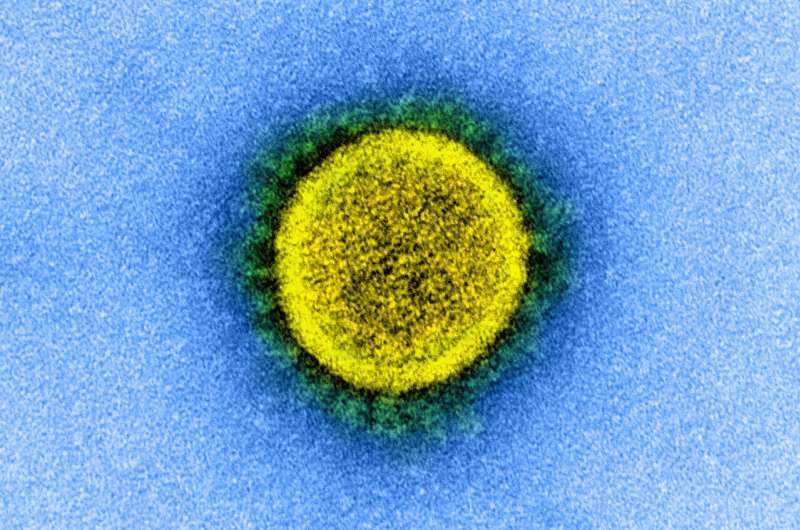
People in Italy who are not vaccinated against COVID-19 are barred from restaurants or taking domestic flights under new rules which came into force Monday as schools reopened nationwide.
Only those who have recently recovered from a coronavirus infection are exempt from the regulations, which represent a further tightening of restrictions in the face of rising infections.
The majority of schools opened Monday for a new term under government orders, despite calls from headteachers, the doctors’ union and some mayors to delay the return to class for at least two weeks.
However, over 1,000 councils across the country were keeping their schools closed, media reports said.
Top virologist Massimo Galli at the Sacco de Milan hospital said opening schools was “imprudent and unjustified”, while public health expert Walter Ricciardi described the situation as “explosive”.
Italy was the first European country to be hit by the coronavirus in early 2020 and has one of the highest death tolls, at nearly 140,000.
It reported just over 155,000 new cases on Sunday out of a population of 60 million.
Over 86 percent of over 12s have been vaccinated and jabs are available for younger children. Some 15 percent of children between five and 11 years old have had their first vaccine.
The virus is “in an exponential phase. The reopening of schools will bring additional stress, and I fear the number of infections will grow at least until the end of January,” virologist Fabrizio Pregliasco said.
Trenitalia said Monday it had cancelled 180 regional trains—affecting 550 routes—due to coronavirus infections. Regional coach companies also reported hundreds of drivers off sick with the virus.
The so-called Super Green Pass showing proof of vaccination or recent recovery is required until March 31 for restaurants, hotels and gyms, and to use local or regional buses, trains, planes and ships.
FFP2 masks are now mandatory in theatres, cinemas, sports stadiums and on all public transport.
Unvaccinated residents on Italy’s small islands, which had warned they risked being cast into “forced exile” by the new rules, have been granted extra time.
The locals—for whom boats and planes are the only means of getting off and on the islands—will be able to continue to travel without the Super pass for health and education reasons until February 10.
Prime Minister Mario Draghi was expected to address the country on the new measures later Monday.
Ricciardi, who advises Italy’s health minister, told the Messaggero daily the latest restrictions “are not based on scientific evidence” and “will not stop the pandemic”.

